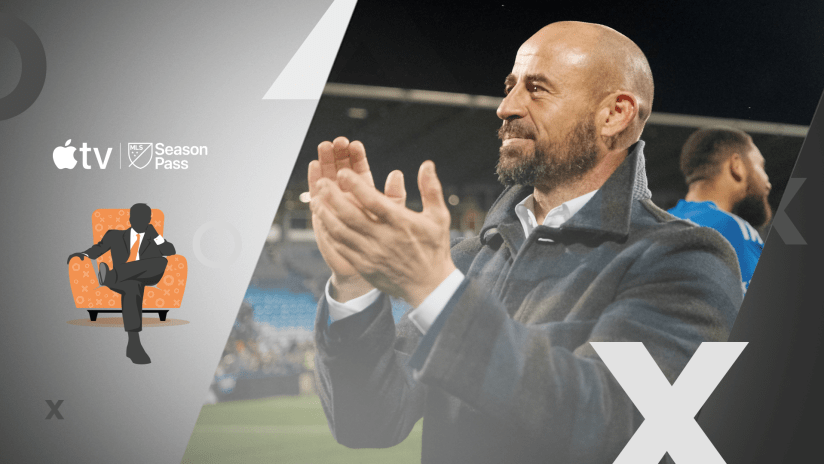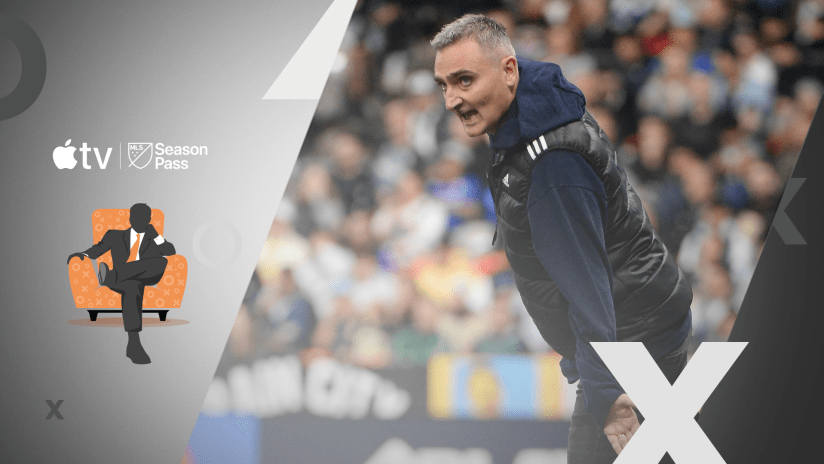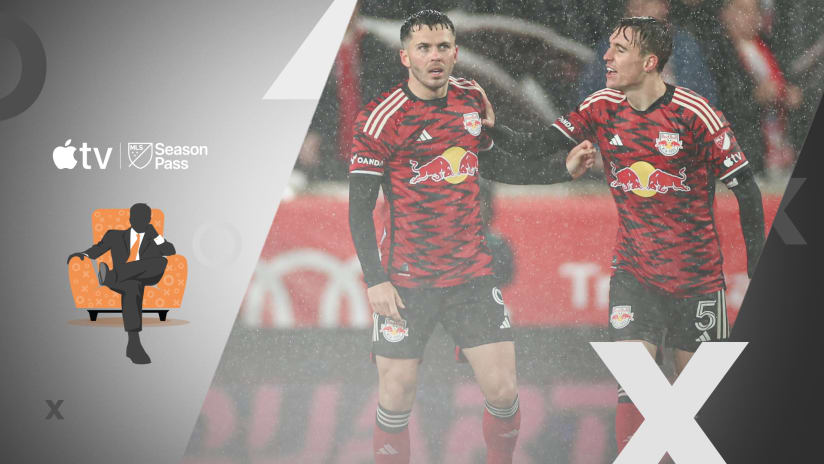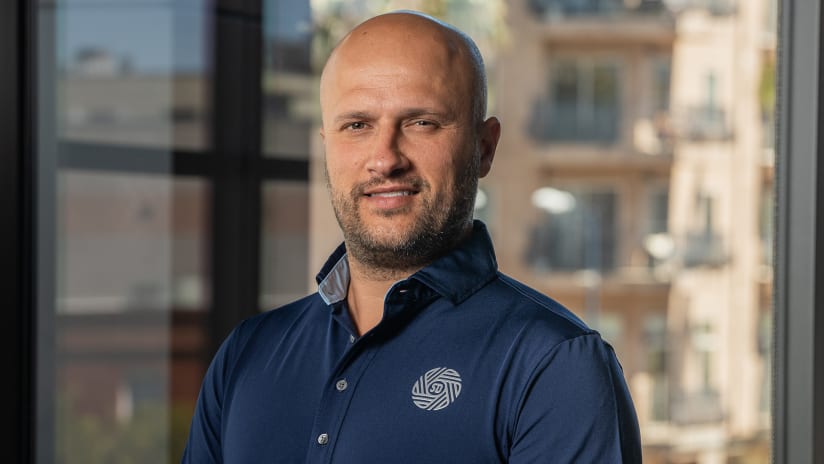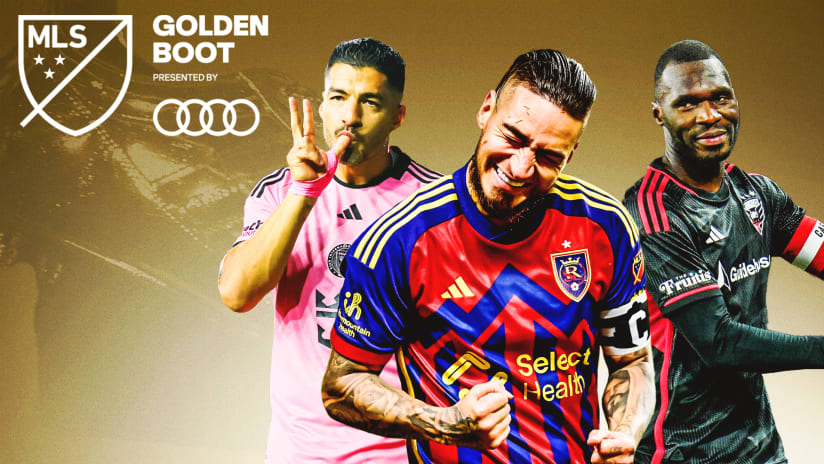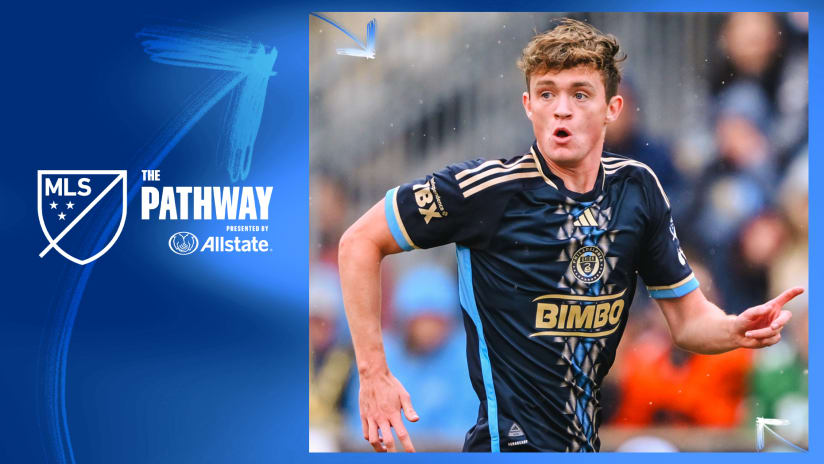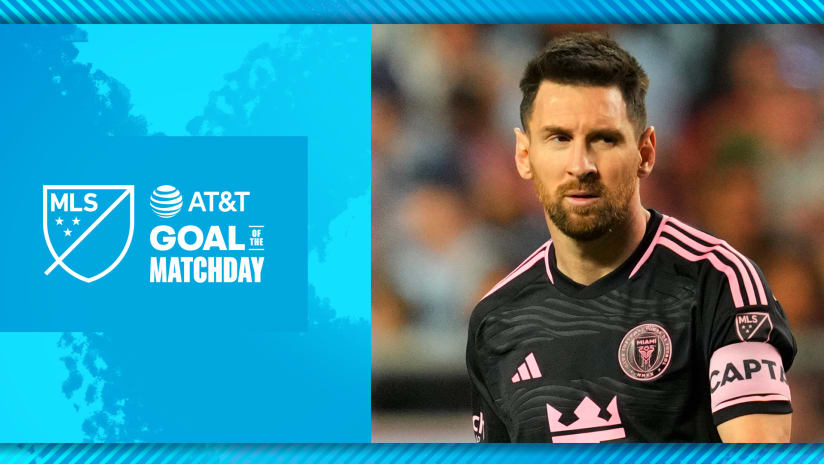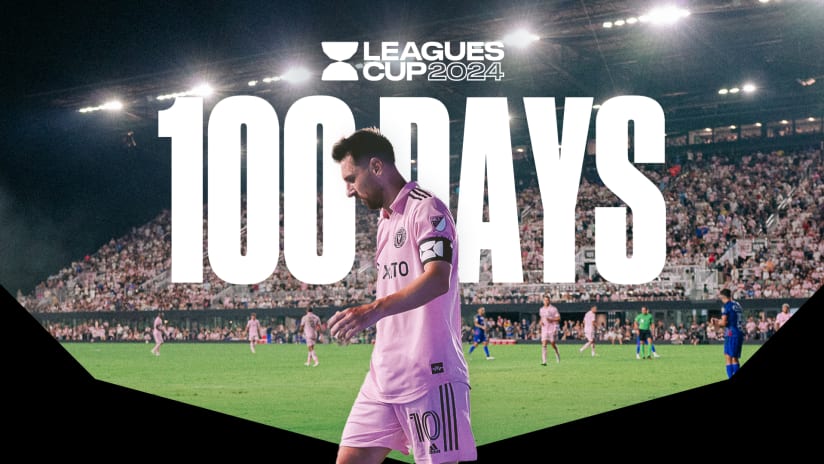"Who are we signing?"
That's the sentiment from most fans of teams who've approached the top of the mountain. The gut instinct is to look at the guys on the roster, say "they didn't get it done," and pine for new talent. It's understandable.
But it's not always profitable. Focusing on the import of new talent at the expense of team chemistry has often proved fatal to teams across the globe over the years – just look at Chelsea – even if "team chemistry" is not exactly quantifiable.
Another factor that new talent can undermine? Internal growth. Making certain the guy you drafted two years ago, or the kid you signed out of your academy, or the teenaged Uruguayan attacker you got on the cheap reaches his highest level is just as important for team balance as splashing out on big-name, big-money signings from the world's glamour leagues. Fail to build your kids individually and you're setting up to fail collectively.
Do things right, and young players that were good in 2014 and 2015 may become excellent in 2016. Last year's defeated MLS Cup finalists, Columbus Crew SC, are a good example of this. When Gregg Berhalter arrived he didn't completely gut the roster; instead he built around the strengths of five midfielders (Federico Higuain, Tony Tchani, Wil Trapp, Ethan Finlay and Justin Meram) who were already on hand, four of whom were relatively inexperienced pros. He banked on internal growth.
The Vancouver Whitecaps are, to a certain extent, banking on being the Western Conference version of that. Carl Robinson's now in his third year in charge, and while he's added numerous pieces each season, much of what he has on hand heading into 2016 is what he went to battle with in 2015, and 2014.
The 'Caps will return 9 of 11 starters from last season, and the two guys they lost – Steven Beitashour and Mauro Rosales – both have natural, younger replacements.
"Younger" is the key word there, as Vancouver were often one of the youngest teams to take the field in MLS's 20th season, with the bulk of their core is 25 or under. Matias Laba, Gershon Koffie, Tim Parker, Sam Adekugbe, Russell Teibert, Jordan Smith, Cristian Techera, Kekuta Manneh, Nicolas Mezquida and Octavio Rivero all played big minutes, and all are at the stage of their career where you'd expect year-to-year growth.
Vancouver, in short, probably didn't have to add any pieces in order to be a better team.
But they did add a couple of pieces anyway. First was forward Masato Kudo, a 25-year-old with 92 goals for Kashiwa Reysol of the J-League.
You can get a taste for his game here:
He looks Maxi Urruti-esque to me. Robinson assured me last month that Kudo is, first and foremost, a forward, but also said that he plans to play the Japanese international "anywhere in the front three."
So we'll see. Either way, though, you have to tip the cap to a Vancouver franchise that obviously had a bit of a heart-to-heart with itself about their lack of goalscoring from the forwards over the season's last three months and addressed it in a big way. I still think Rivero is the likely starter – Robinson expects he'll improve in Year 2, and I do as well – but now they have more ways to change the game.
The same can be said for their other big signing, Costa Rican veteran Christian Bolanos. He doesn't completely fit the Whitecaps' "go young" mold as he's turning 32 early in the season, but adding a little bit of CONCACAF knowhow is important for a team that has big continental plans come late summer.
The third new piece is 21-year-old Canadian international Fraser Aird, who's coming to town to compete with Smith for the starting role at right back. Veteran target forward Blas Perez, a Palpatine-esque master of the CONCACAF dark arts and a locker room leader, should be the final addition as a "just in case" backup for Rivero.
Even with all of the above, the elephant in the room is the status of Pedro Morales, the oft-injured 30-year-old Chilean. When he started in 2015, Vancouver were 9-4-2. When he didn't, they were 7-9-3. Heed all the warnings about correlation and causality you want: Those numbers are linked, and illustrative.
If internal growth is priority No. 1 this season, then making certain Morales is on the field for 2,000+ minutes is priority No. 2. Coaxing either Kianz Froese or Marco Bustos into an able replacement may very well be priority No. 3 – and yes, that's all related back to priority No. 1. It's a virtuous circle.
And if the 'Caps manage to complete said circle, they have what it takes to compete for multiple titles over multiple seasons. They're building strength as they go, and have been for two years already.
Nobody's talking about that just yet. Pretty soon, though, they will be, because the mountain top is in sight.


